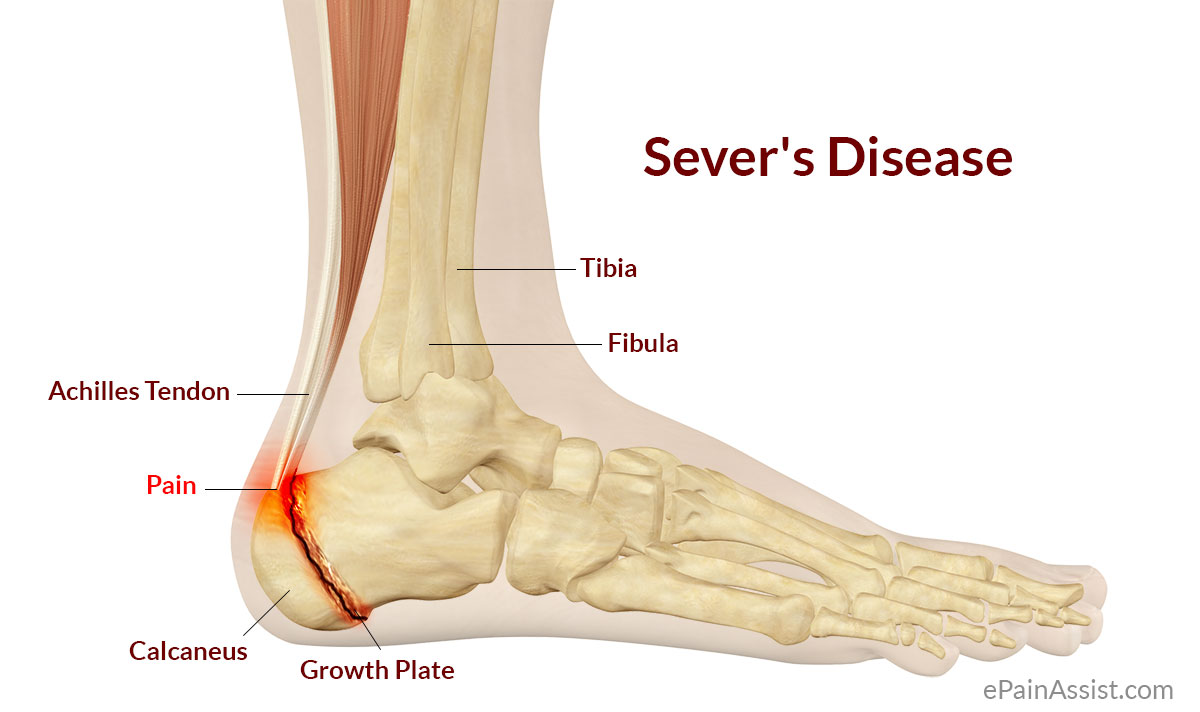
Traction Apophysitis – Growing Pains in Kids
The bones in the human foot don’t develop completely until the late teens. Sometimes the of development can be the cause of discomfort in the growing child, especially if they are particularly active. This week our kids physiotherapy team delve into Traction Apophysitis or what are commonly known as growing pains in kids.
TRACTION APOPHYSITIS – WHAT CAUSES THIS DISCOMFORT?
Throughout childhood, a number of bones in the feet have ‘secondary ossification centres’. These are normal pieces of bone that grow independently from the main bony body.
At particular times in development, these secondary ossification centres will fuse to the main part of the bone. It is during this period of fusion that pain can be experienced, especially in a child that is particularly active.
If the secondary ossification centre is attached to a muscle tendon, the activity of the tendon can cause a pull on the bone. Therefore, the pulling action that can irritate the fusion process. This is called a “traction apophysitis”, referring to the traction movement of the two pieces of bone.
COMMON AREA TO EXPERIENCE TRACTION APOPHYSITIS PAIN?
As a general rule, these growing pains in kids come between the age of 8-15 years. Common places for these pains to be experienced are at the knee, the heel, or on the bump located on the outside of the foot.
RECOMMENDED TREATMENT FOR TRACTION APOPHYSITIS
Growing pains in kids can be quite substantial. It can also often be settled quickly with the right treatment. The RICE protocol (Rest, Ice, Compression, and Elevation) for treatment is often used for initial relief. However, a biomechanical assessment by a podiatrist and an exercise program from an exercise physio can help with pain management in the long term.
Interested to Learn More?
Located in Newmarket, Brisbane, our physio Brisbane team is proud to be a part of this health community. If you would like to learn more about Traction Apophysitis, come see our team at Pivotal Motion Physiotherapy today! Book an appointment online or call us on 07 3352 5116.
Updated 17/05/2021








